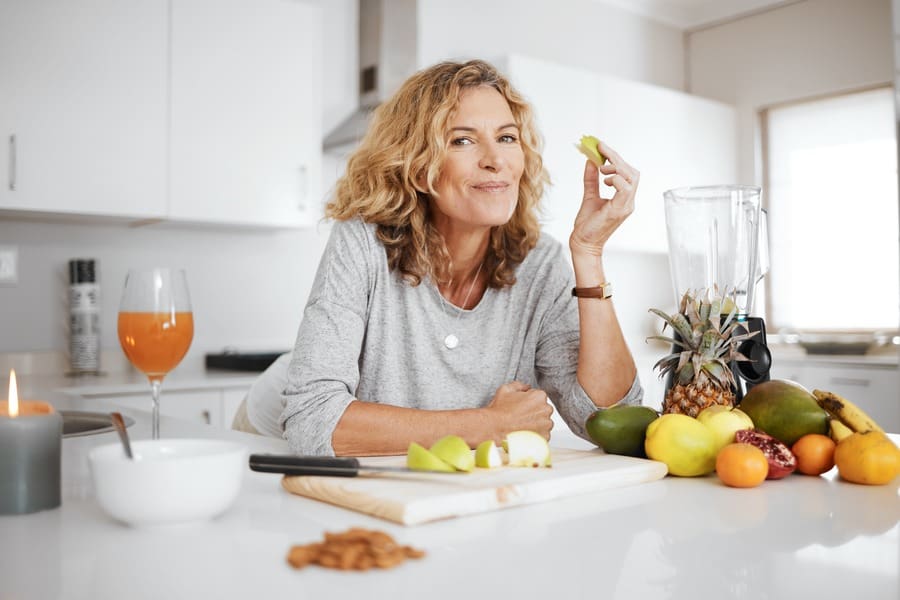Unfortunately, many of us are all too familiar with diet culture. Media, television, and advertising tend to promote the idea that a person is only healthy if they fit a certain appearance-based mold. And if you don’t fit that mold, you should work toward fitting that goal. But today, we aren’t talking about diet culture; we’re talking about the anti–diet movement. Read on to learn more!
What Is the Anti-Diet Movement?
Recently, conversations about body shape and size have shifted, disregarding the notion that there is only one way to be healthy. The anti-diet movement promotes overall health and well-being instead of focusing on weight loss. The idea is to encourage body positivity, stop restricting, create healthy relationships with food, and remove fatphobia from society.
What Does Anti-Diet Mean?
Diets often lead to a preoccupation with food, labeling certain foods as either “good” or “bad.” This leads us to treat eating like some punishment-reward system. The anti-diet movement is all about intuitive eating, which entails eating when you’re hungry, stopping when you’re full, and not restricting yourself.
Is Anti-Diet Anti-Health?
In a word, no. While there are no rules or calorie counting, the anti-diet approach is rooted in health. Instead of a traditional diet plan, it emphasizes positive behaviors such as eating nourishing foods, practicing self-care, and exercising because it makes you happy.
The Problem With Dieting
Fad diets don’t provide long-term results. They usually restrict certain foods, leading to malnutrition. They also perpetuate a cycle of dieting, and they may serve as the root of eating disorders.
How Can I Practice the Anti-Diet Movement?
What we love most about the anti-diet movement is that it is intended to be accessible to everyone. Here are some ways to incorporate this movement into your life. (Always remember to drink plenty of water!)
- Eat when hungry, noting what emotions affect your desire (or lack thereof) to eat.
- Drop the notion that foods are either “good” or “bad.”
- Regarding your eating habits, stop punishing yourself by restricting or exercising.
- Exercise for fun, not because you feel like you “have” to.
- Love yourself and take care of yourself.
- Learn about what your body needs.
- Unless ordered by your doctor, don’t take part in any diets.
- Be aware of what media you’re consuming.
- Be extra aware of how you talk about weight and body image.






